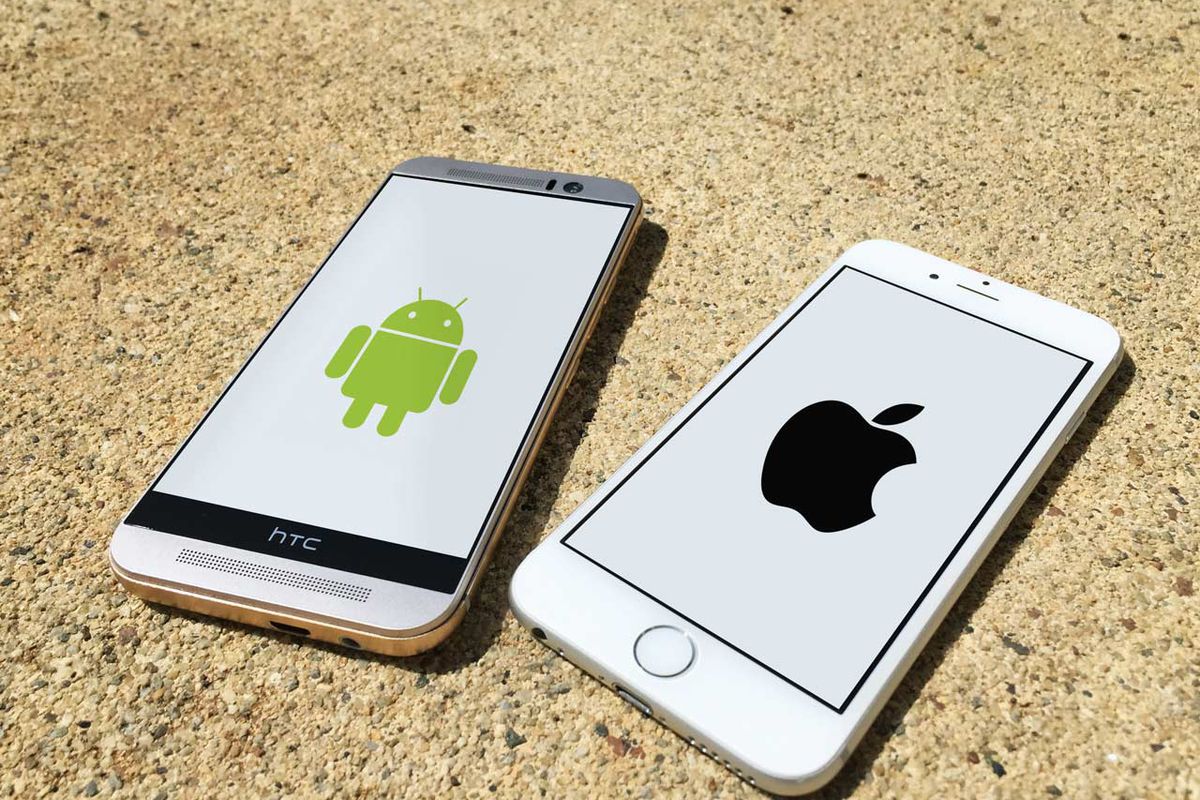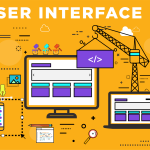Mobile Applications are a trusted solution to provide your brand enough exposure and resolve other issues related to core business. According to reports and analyses, iOS and Android take up 97 percent of the global mobile market share. It clearly indicates that to capture the attention of a greater audience, building and launching applications on both platforms is an ideal approach.
However, you always cannot consider this approach. There are numerous constraints like time, budget, and resources. It can prevent you from developing apps on both operating systems at once. So, you must start the process of building a new mobile app for your business by selecting the right platform.
Which Platform should you Choose for Developing your App?
You must kick-start the process of choosing between Android and iOS by chalking out your technical requirements. As each platform brings a distinct set of advantages, it is vital to conduct detailed research. Based on it, you need to decide which platform aligns with your business goal, proves beneficial for your product, and helps your brand reach better heights.
Here, in this article, you will come across a comprehensive guide to examine both the platforms and analyze the best one for you, based on four key factors.
- Target Audience
There is a noticeable difference between the users attracted by iOS and Android platforms. So, for selecting an ideal OS, you must start by defining the end goal of your app. It will allow you to achieve your business’ aim and target the specific audience suiting your business model.
Android has about two-thirds of the worldwide market dominance and receives more app installs than iOS. As per the Sensor Tower reports, the Google Play Store received about 75.7 billion first-time app installations worldwide in 2018. On the other hand, the App Store only had 29.6 billion downloads. It further portrayed that while Android users may have more downloads, iOS users are more engaged and spend more money on applications and in-app purchases.
- Monetization
Your monetization strategy has a crucial role in determining the platform to build an app. Each operating system is well-suited to competing monetization methods. Although Apple has lesser users and has brought in fewer downloads, it brings in more revenue. So, iOS works as a viable platform if you want to monetize through a subscription model or support in-app purchases.
According to statistics, Apple’s App Store produced around 88 percent more income than Google Play Store at the end of 2018. Android applications, on the contrary, are more likely to monetize successfully using an ad-based strategy. Despite iOS’s large sales advantage, consumer spending on the Google Play Store increased by 27.3 percent year over year.
- Project Timeline
This factor is directly related to the launch of your app in the market. There is a huge difference between the times required to build a fully functional app on iOS and Android platforms. Thus, your timetable can have a significant impact on which platform you should focus on first.
The lengthy release cycles and device fragmentation increases the period of developing an Android app. But in the case of Apple, a single company has control over all the hardware and software. Also, the market has a limited number of iOS devices compared to Android as it is becoming less standardized over time. Due to these reasons, the process of building for iOS is comparatively quicker.
However, the Apple App store often takes too much time to approve a product due to its strict regulations and quality expectations. But for Android, the apps generally get approved in a day or two. It also allows pushing updates to the users within a few hours without much hassle.
- Budget
The cost of app development depends entirely on the scope and complexity of the project. In a large project, numerous features are added up for better user interaction and engagement. This incorporation increases the final cost. But there is nothing about developing for iOS or Android that renders it a little pricier than the other.
However, if you want to support numerous devices and OS versions, apps will take more time and resources and hence cost more. However, the cost remains the same with a consistent scope of serving a similar number of devices and Operating systems.
Time to Make a Decision!
Based on all the above points, you can conclude that your choice of app platform depends directly on your company’s needs. For easy money-making, iOS should be your pick. But, Android may be a better choice if you are willing to target audiences worldwide and earn profit through advertising.
When you hire Android App Developers, you can determine and choose the platform for your mobile app by the app content you plan to create and your overall business objectives. It all boils down to considering your target market and critical user demographics before deciding on the best solution for your company.



